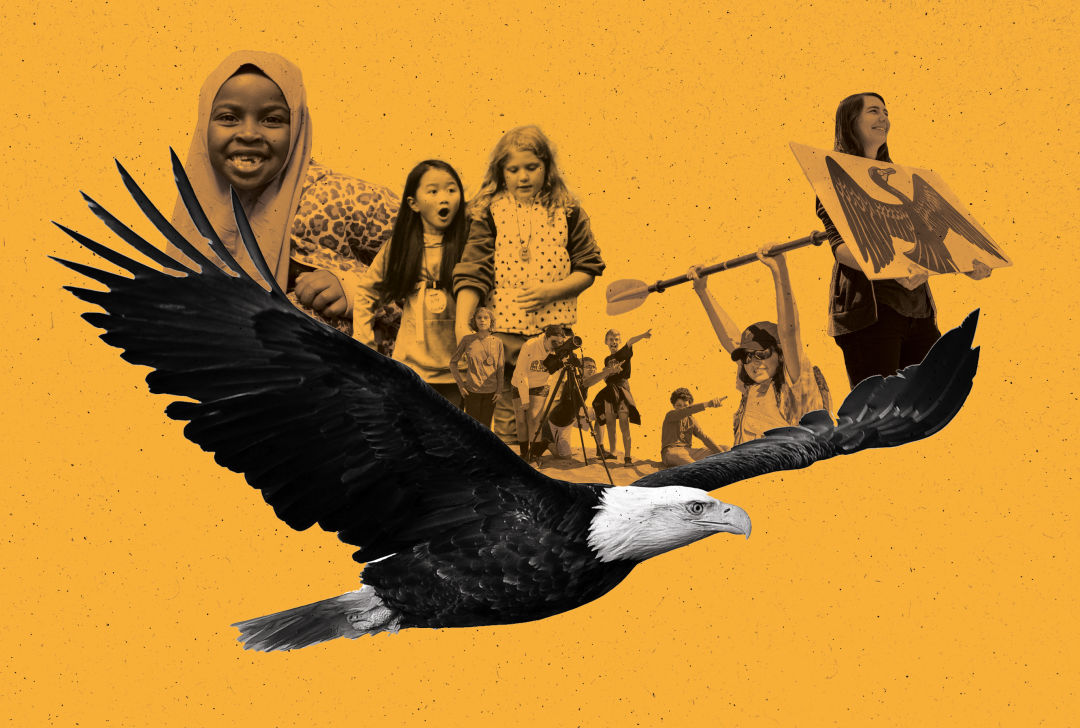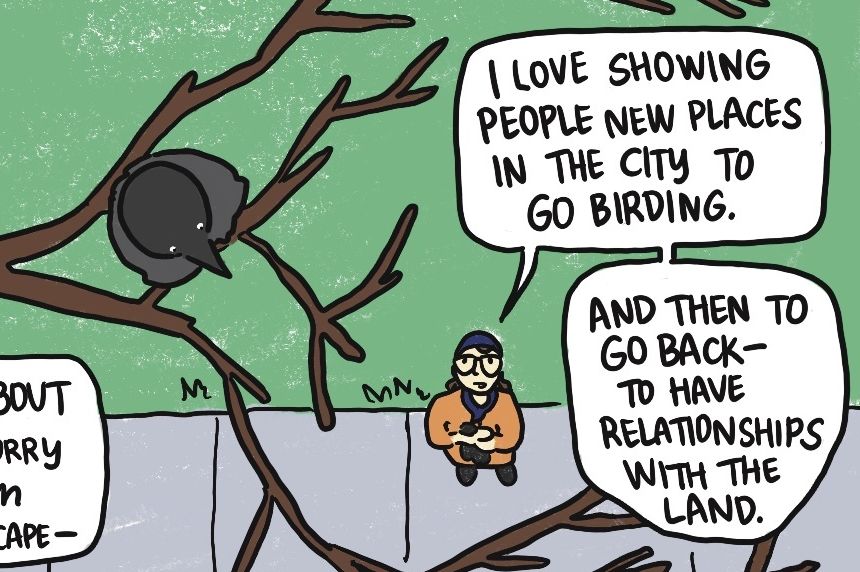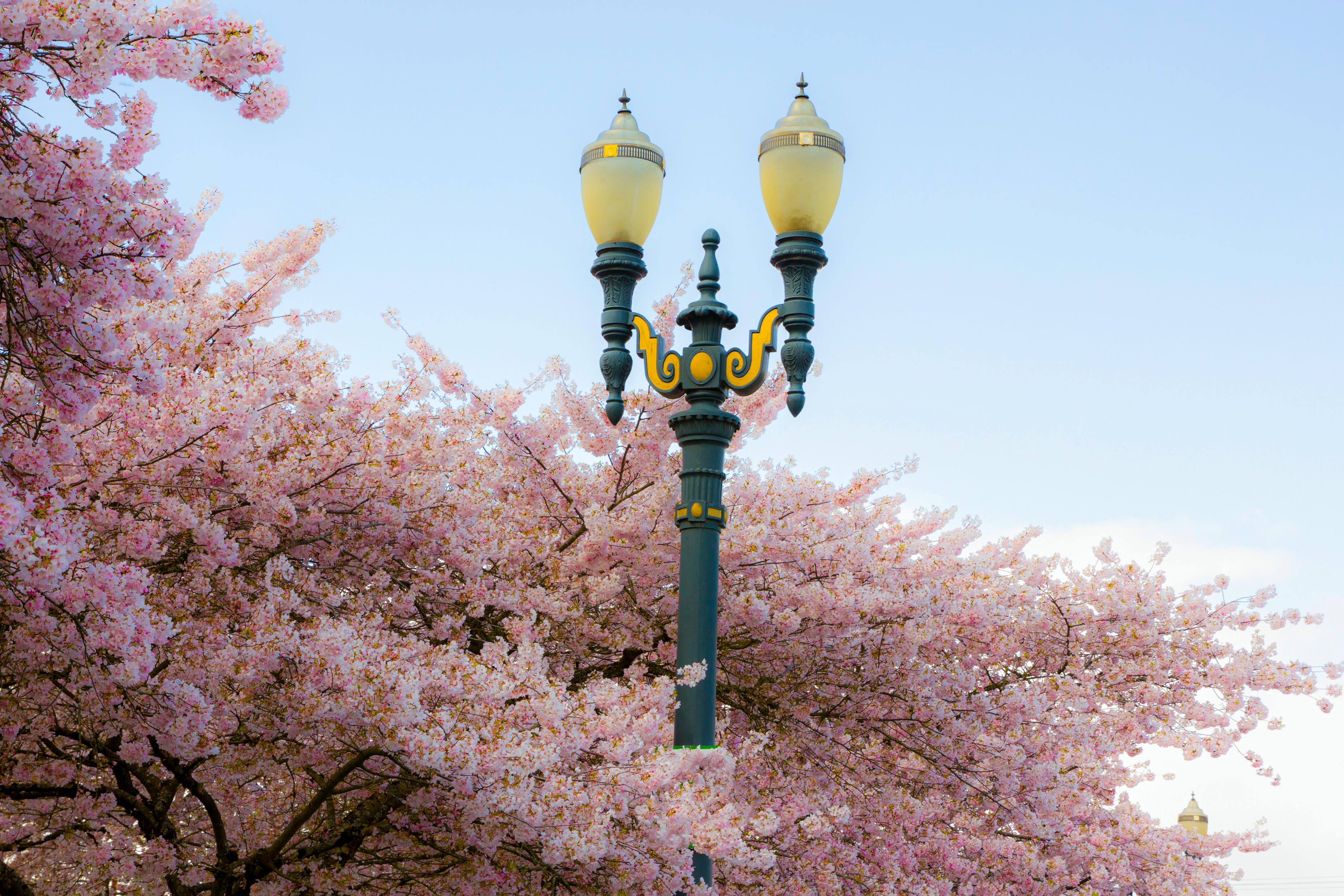At Portland Audubon, There’s Wildlife Rescue, Nature Education, and Environmental Advocacy for All

Portland Audobon - Winner: Caring for the Planet
Image: Brian Breneman
Last spring, when all of Oregon was under stay-at-home orders, the staff members at Portland Audubon, the state’s oldest locally based conservation group, realized that hundreds more wild animals were being brought in for care and rehabilitation than ever before.
“We used to think that there was baby bird season, where in the summer we have this big influx of baby birds,” says Nick Hardigg, the organization’s executive director of five years.
“Now we are realizing that, because people are always at home, there isn’t going to be a baby bird season, we are just going to keep getting baby birds in.” Pandemic upside? “We’ve realized that the connection of people with nature might be heightened.”
It’s just one way the nonprofit, which counts wildlife protection and rehabilitation, environmental education, and land stewarding as key to its mission, has been affected by the realities of pandemic life. Once, more than 150 volunteers thronged weekly through its headquarters on NW Cornell Road, helping to care for injured wildlife and prepare them for release back into their native habitat. Now, they staff phone lines, counseling callers wondering what to do about the skunk trapped under the house or the woodpecker banging on the siding.
And yet, somewhat miraculously, says Wildlife Care Center manager Stephanie Herman, the organization is on par to release about the same number of animals back into the wild as they did in 2019, and has found that the animals under their watch have responded well to having fewer but more consistent caregivers.
Portland Audubon’s beloved wildlife sanctuary property, which bumps up against Forest Park, has remained open, though trails are now one-way only. But school children no longer visit in groups to view ambassador animals, like Bybee the box turtle and Aristophanes the common raven. Instead, the organization has expanded its online nature education programming, Hardigg says. “We’re creating curricula to support families and kids getting engaged on their own, and they’re free.”
Advocacy continues on environmental issues of local, state, and national importance, from threats to the Eliot State Forest to working on the city’s updated tree code and bird-safe window requirements for developers.
Moving forward, Hardigg says, Portland Audubon (no longer called the “Audubon Society,” with its whiff of exclusivity) will continue a years-long focus on programs and partnerships that center racial equity and inclusivity.
“The real forefront of the environmental movement right now is to understand and appreciate what you maybe haven’t been doing that well, and adjust to better respect and listen to other communities,” says Hardigg. “Because if we don’t all join together, the environmental movement will not survive.”




